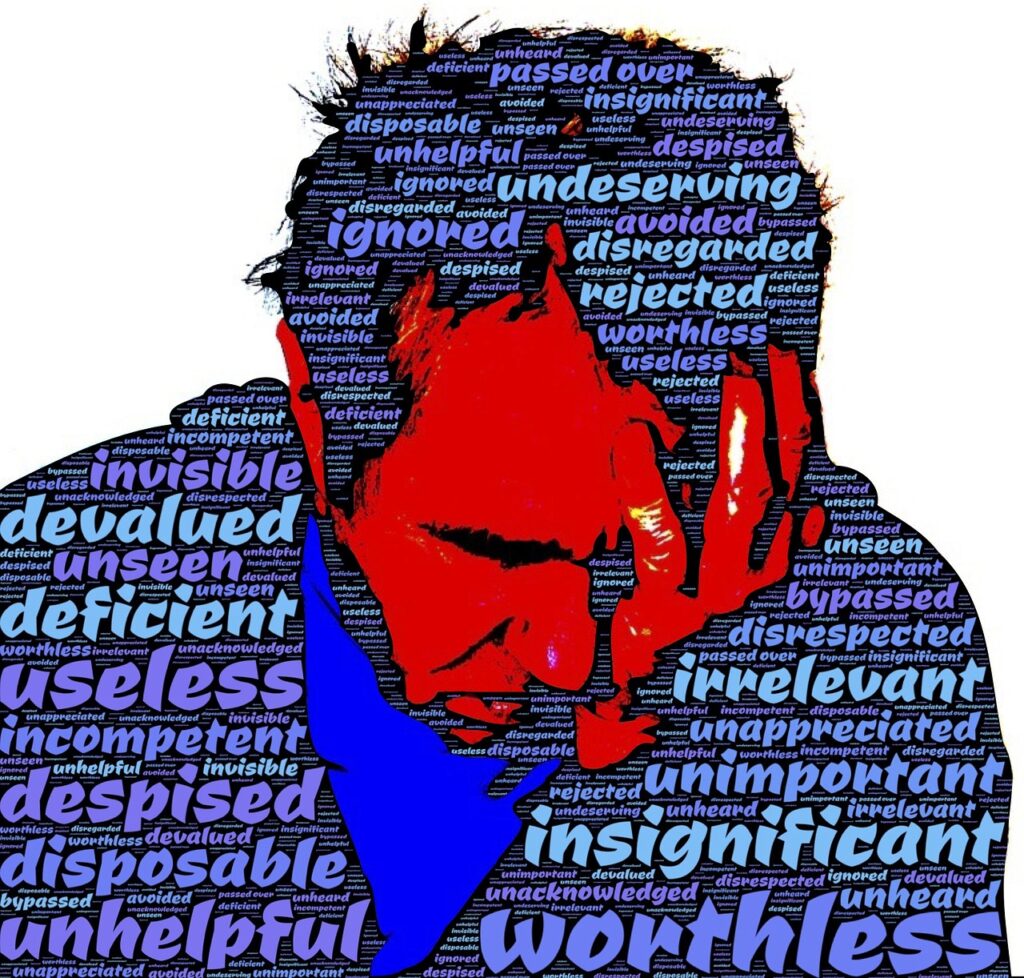
The COVID-19 pandemic makes it much more difficult to maintain normal social interactions. We have to interact more via electronic modalities – the phone and video conferencing. And in pubic spaces, we have to wear masks and follow social distancing guidelines. All of this makes reading social cues from emotional tone, facial expressions and body language challenging. But it can be especially stressful if you have ADHD.
Rejection Sensitivity Dysphoria (RSD)
Why? Most individuals with ADHD are prone to some level of emotional dysregulation, and particularly rejection sensitivity dysphoria (RSD). The distorted communications due to the constraints of the pandemic can heighten their feelings of isolation, anxiety and rejection.
Individuals with high rejection sensitivity constantly look for signs that they’re about to be rejected. They often respond dramatically to any hint that someone doesn’t want to be with them. Because of their fears and expectations, those with RSD tend to misinterpret, distort, and overreact to what other people say and do. They may even respond with hurt and anger.
There are several factor that may contribute to this:
- The central nervous system tends to be triggered in different ways in individuals with ADHD.
- People with ADHD may sometimes have behaviors that put them outside of typical social norms. So this could create situations where those with ADHD sense signals that they are being seen as “other,” creating a vicious cycle.
- The tendency toward impulsivity that typically accompanies ADHD can make someone interact in ways that sabotage their social interactions further.
What RSD Feels Like
The video below, created by Stuart Anderson, an adult ADHD life coach who has the condition himself, explains the symptoms of RSD and what it feels like to have it.
ADHD | Rejection Sensitive Dysphoria
Treating RSD
The most effective treatment option for Rejection Sensitive Dysphoria depends on the intensity of your symptoms and the overlap with any other disorders. Because of the physiological nature of the reaction for some sufferers, it is possible that medication will be necessary to help calm the physiological reaction. Also, certain antidepressants could be helpful if you have co-occurring depression or additional kinds of anxiety. This would be in addition to medications prescribed for treating ADHD itself.
Psychotherapies typically work best that focus on improving your understanding of your emotional reactions at the moment and learning better ways to respond to those emotions. It can also be helpful to learn to challenge the accuracy of some of the automatically triggered negative thoughts that make you believe you have been rejected, learning to label them as invalid and let them pass. In general, any coping mechanisms that increase resilience through uncomfortable feelings will be helpful.
Wondering if you might have RSD? ADDitude magazine offers a self test you can take to see if you might have RSD.
References
- https://www.psychologytoday.com/us/blog/friendship-20/201907/what-is-rejection-sensitive-dysphoria
- https://www.additudemag.com/rejection-sensitive-dysphoria-and-adhd/
- https://michaelgquirke.com/adhd-and-rejection-sensitive-dysphoria-whats-the-link/
- https://www.verywellmind.com/what-is-rejection-sensitivity-4682652
- https://edgefoundation.org/how-adhd-can-trigger-rejection-sensitive-dysphoria/


